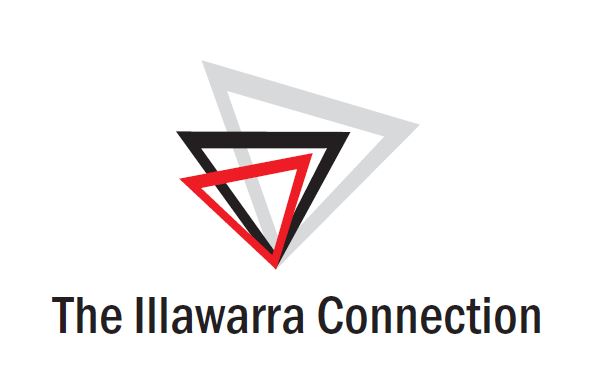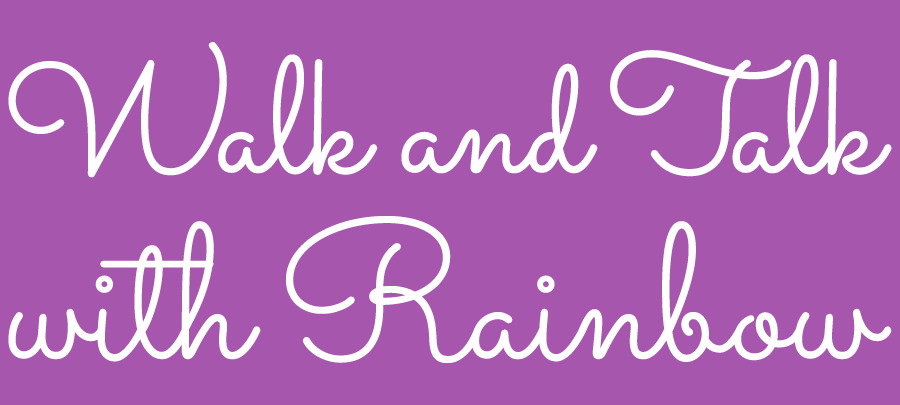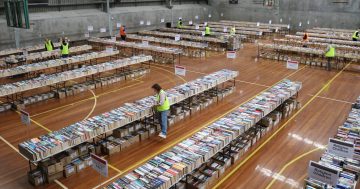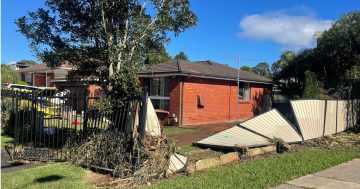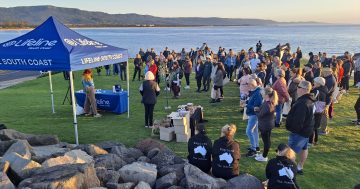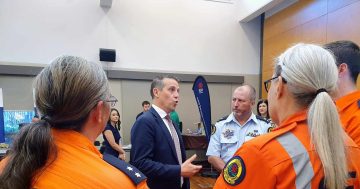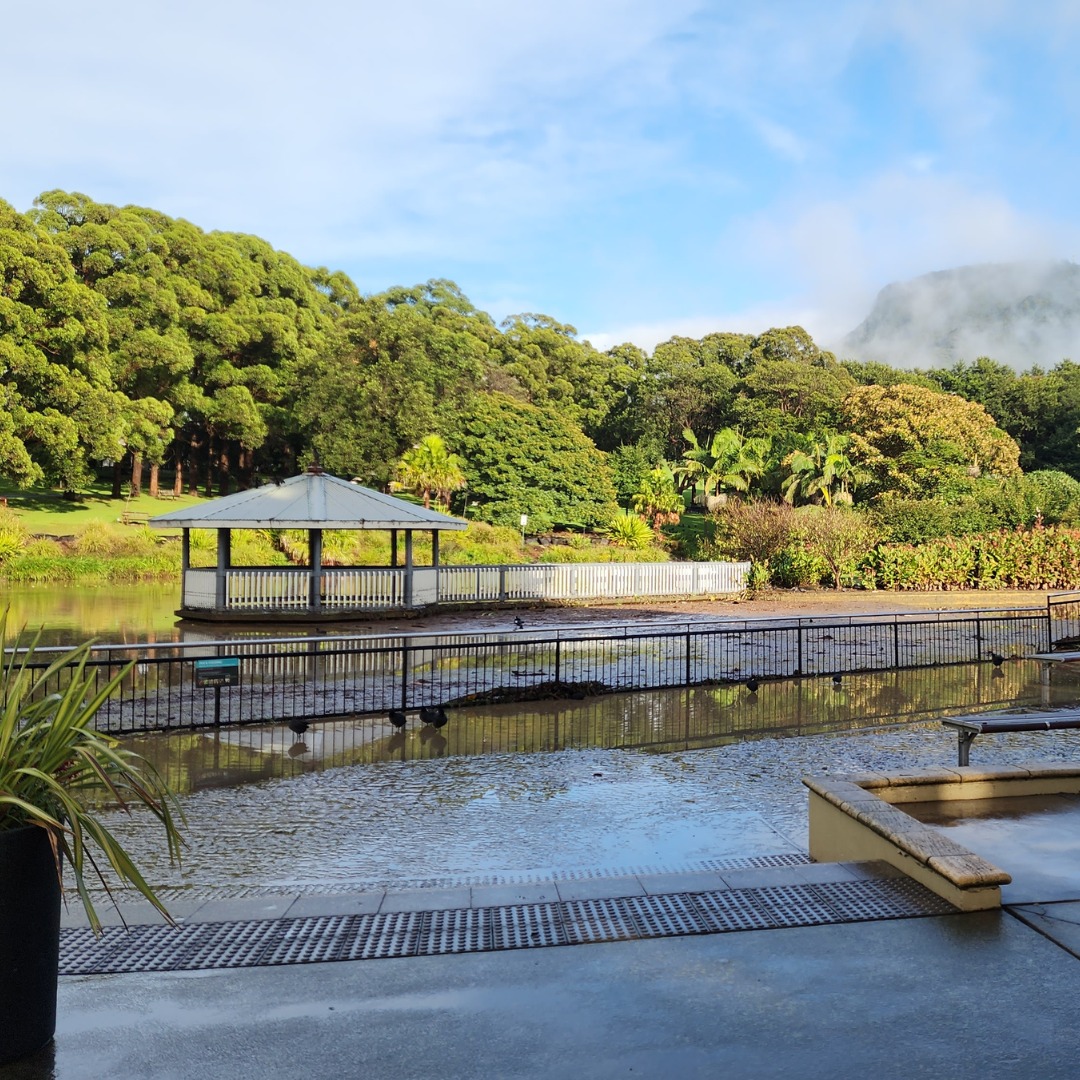
Blue skies are back – but that doesn’t mean everything is back to normal. Lifeline CEO Renee Green shares some tips for post-disaster mental health. Photo: Wollongong City Council.
Feel like you’ve got nothing in the tank? Given the challenges of the past few years, that’s normal, Lifeline South Coast CEO Renee Green says.
Whether you were directly affected by the most recent floods, or they brought back difficult memories, recurring disasters can chip away at the resilience of a community and individuals, no matter how capable, generous and hardworking they are.
Renee said the cumulative effects of repeated natural disasters spread far and wide.
“There is a lot more demand on services who provide help, and we often deal with people who are overwhelmed by what’s happening,” she said.
“Across the community, whether you were impacted or not your capacity to help others as well as yourself can be impacted by the repeated nature of the disasters, as well as cost-of-living pressures.
“It’s really that sense of repeated trauma that makes it hard for people to bounce back.”
For those directly affected, Renee said in the immediate aftermath of disaster practical concerns usually took precedence.
It’s often in the weeks and months following the event that the mental and emotional effects of trauma begin to take hold.
She said it was important not to lose sight of how to care for ourselves amid the pressures of disaster recovery.
“In the immediate aftermath the physical practicalities take over,” she said.
“Often once those have resolved and people have time to take a breath the emotional toll can kick in and people can have a sense of not feeling themselves.
“Remember recovery is a longer process than the replacement of physical things.
“It’s important to take time out of your day, each day, to do something that recharges you.
“It might be going for a walk, reading a book quietly, or chatting to a friend. Prioritising those little things can really help.”
When that’s not enough, it’s time to reach out for help.
While it’s easy to try and soldier on alone for as long as possible, Renee said it was best to get in touch with dedicated support services as soon as you felt you were struggling to cope.
“If you’re overwhelmed with cleaning up, dealing with insurance, those sorts of things, people are there 24/7 who can chat through those feelings with you and help you to move forwards,” she said.
“Call early, rather than wait for things to become more overwhelming and distressing; we’re always there and we have volunteers dedicated to people who have been impacted by natural disasters.”
If you’ve noticed a friend or family member isn’t doing so well, there are a few things you can do to help.
The most important thing you can do is to speak up.
Renee said it was important to tell the people we cared about if we were worried they were not coping – and to really listen to what they had to say.
“People often just want someone to listen, not provide solutions,” she said.
“You can ask what support they would like rather than assuming you know what they need.
“Giving people that sense of autonomy and control really helps to support wellbeing in times of disaster.
“It’s worth checking in regularly – they might not be ready to talk the first time you bring it up, so it’s worth reminding them you care and you’re there to listen and support.”
Renee said even the most resilient people would reach a point when they needed a bit of extra help – and reaching out for that help was a sign of strength.
If you or someone you know is struggling, contact Lifeline on 13 43 57 for dedicated natural disaster support, or 13 11 14 for 24/7 crisis support, or contact Beyond Blue on 1300 224 636.


